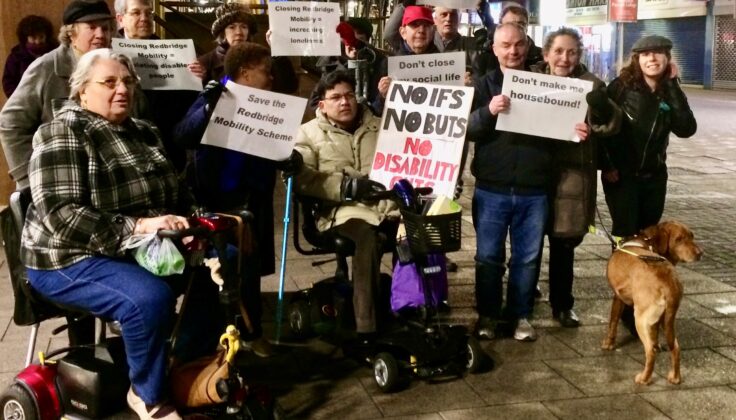How the General Elections Work
A brief explanation of how General Elections work and why we must engage with smaller parties to advance the rights of Deaf and Disabled People.

General elections
A general election allows people in every part of the UK to choose their MP. This person will represent a local area (constituency) in the House of Commons for up to five years. There is a choice of several candidates in each constituency. Some will be the local candidates for national political parties. The candidate that receives the most votes becomes their MP.
When is the next general election?
The date of the next general election has not yet been announced. The maximum term of a Parliament is five years from the day it first met. The current Parliament first met on Tuesday, 17 December 2019, and will automatically dissolve on Tuesday, 17 December 2024, unless the King has dissolved it sooner.
Who are the candidates in my constituency?
After the deadline for nominations has passed, a list of the candidates standing is usually posted on your local authority website and local noticeboards where you live.
You can find official election information for your area on the Electoral Commission website at:
In addition, at the 2019 election, information about candidates in each constituency was collected online by the independent website, ‘Who Can I Vote For?’:
Why Small Parties Matter – Don’t Count them Out
The potential for a minority or coalition government in the United Kingdom creates an opportune moment for Deaf and Disabled people to amplify their voices and influence policymaking. By effectively lobbying smaller parties like the Greens and the Liberal Democrats, Deaf and Disabled people have an opportunity to ensure that our priorities are incorporated into the political agenda. Smaller parties tend to be more responsive to advocating for the rights of Deaf and Disabled individuals.
What is a Coalition Government?
In the United Kingdom, a coalition government is formed when two or more political parties agree to work together to form a government, even though they have different political ideologies. This is typically done when no single party has a majority of seats in the House of Commons. The parties in a coalition negotiate a power-sharing agreement, which outlines how they will make decisions and share responsibility for governing the country.
What is a Minority Government?
A minority government is formed when a single party has the most seats in the House of Commons but does not have a majority. This means that the party needs the support of other MPs from other parties to pass legislation. Minority governments are typically more unstable than coalition governments, as they are more vulnerable to losing votes in the House of Commons.
Find out more about marginal seats by clicking on the link Why Marginal Seats Matter for Deaf and Disabled People’s Rights.